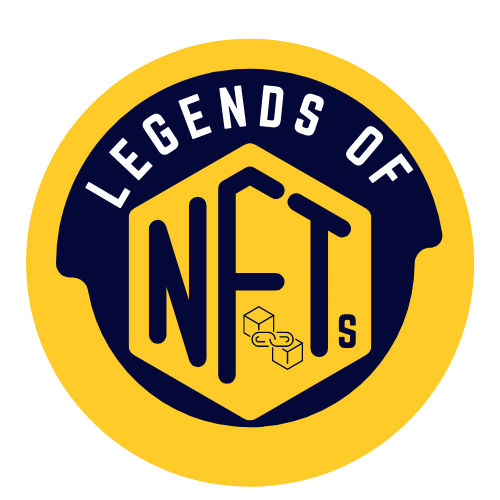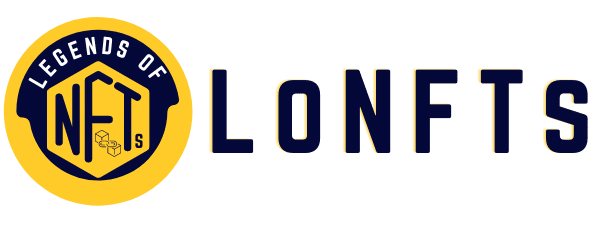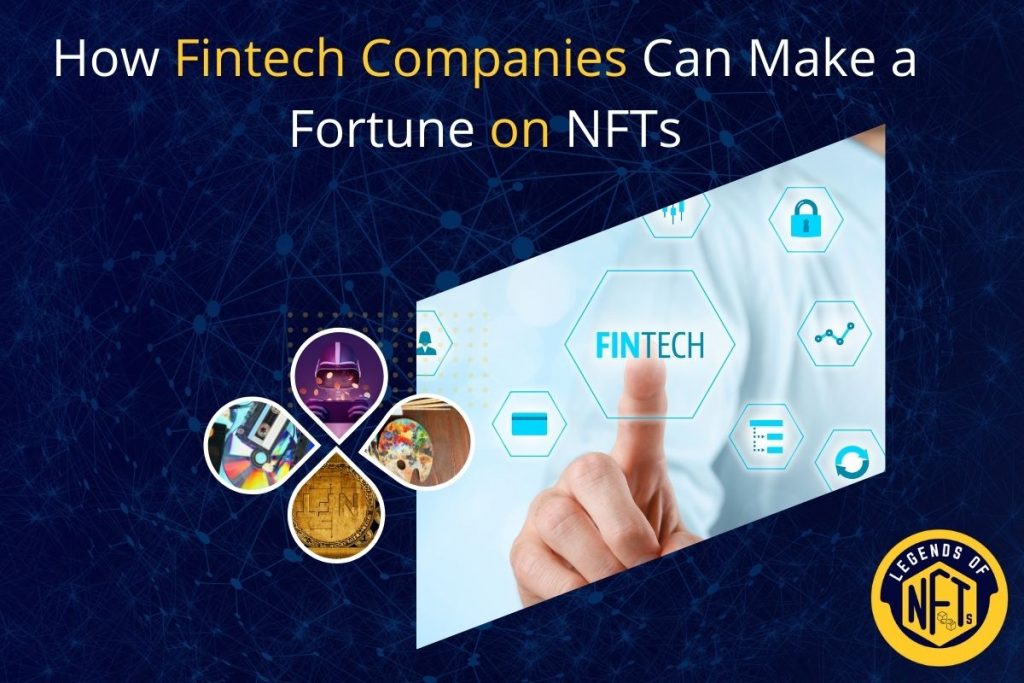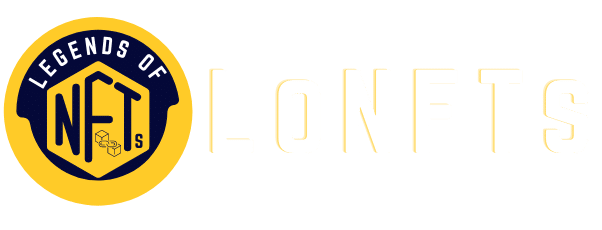Non-fungible tokens (NFTs) are becoming an increasingly important part of the fintech landscape. These tokens differ from traditional fungible tokens in that each one is unique. This makes them ideal for a wide range of applications, including digital asset management, Collectibles, Rare Assets, and more. In this blog post, we’ll explore what NFTs are and why they’re so valuable to fintech companies. We’ll also take a look at some of the key use cases for these tokens.
How does the NFT Marketplace work?
The NFT Marketplace is a platform that allows users to buy and sell virtual assets or NFTs. NFTs are digital tokens that can be customized in a variety of ways to reflect the value and appearance of real-world objects. These tokens are stored on platforms such as the NFT Marketplace, where they can be traded easily and securely with other users.
Scenario how it works
On the NFT Marketplace, sellers set the price for their NFTs based on the value they place on those assets. They can choose from a wide range of parameters to customize each NFT, including things like appearance, rarity, and scarcity. Buyers then browse through these offerings and select the NFTs that match their interests and budget requirements. After completing a purchase, buyers can start using their new NFTs immediately to trade them with others or to take part in various digital experiences supported by NFTs. Overall, the NFT Marketplace is an easy and convenient way for users to get started with this exciting new type of digital asset.
How Fintech Convention Can Make Use of NFTs
NFTs, or non-fungible tokens, have become an increasingly popular tool in the fintech world. NFTs are unique digital assets that can be used to represent a wide variety of tradable items and services, including assets like stocks and bonds, intellectual property, and even physical goods. NFTs offer several benefits to businesses looking to adopt fintech innovations, including greater security and transparency. NFTs are also relatively easy to integrate into existing systems, making them an attractive choice for firms looking to streamline their processes and boost efficiencies. As NFT technology continues to evolve, it is likely that we will see more and more businesses using these tokens at industry events such as NFTcon.
Used of Leverage NFTs
Organizations hosting NFT con should consider leveraging NFTs to enhance their event experience for both attendees and exhibitors alike. Whether it’s through offering exclusive NFT rewards for participating vendors and speakers or by using NFT technology to power various aspects of the event management process, NFTs have the potential to revolutionize the way we approach trade shows and conferences in the future.
Shared Ownership of NFTs
Another key benefit of NFTs is that they can be used to represent shared ownership of assets. This is particularly beneficial for businesses that need to manage a large number of digital assets, such as media companies or online retailers. By using NFTs, businesses can more easily keep track of who owns what and ensure that everyone has access to the assets they need. Additionally, NFTs can be used to store and transfer ownership rights quickly and securely, making them an ideal choice for businesses looking to streamline their asset management processes.
What are some of the challenges that fintech companies face when it comes to NFTs?
While there are many advantages to using NFTs, there are also some challenges that companies need to be aware of.
One challenge is that creating and managing NFTs can be complex, especially when it comes to regulatory compliance.
Another challenge is that the market for these tokens remains relatively new and untested, which can make it difficult for companies to get traction and build a user base.
To overcome these challenges, fintech companies will need to invest in robust NFTs platforms that can handle all aspects of token management and trading.
They will also need to collaborate with other industry players, such as developers, exchanges, and entrepreneurs, in order to drive the adoption of NFTs.
By working together, the fintech industry can overcome these challenges and unlock the immense potential of NFTs.
What to watch out for when implementing NFTs into your business model
When implementing NFTs into your business model, there are several key things to watch out for.
- One issue is that these tokens require robust technology infrastructure in order to function properly.
- Another challenge is that the regulatory landscape surrounding NFTs can be complex and constantly changing, which can make compliance difficult.
To avoid these and other issues, it is important to work with experienced advisors and partners who have in-depth knowledge of the NFT ecosystem.
By doing so, you can ensure that your implementation of NFTs is successful and that your business remains competitive in this rapidly evolving industry.
The future of NFTs in fintech
Non-fungible tokens are still in their early stages of development, but they have already made a big impact on the fintech landscape.
Over the coming years, we can expect to see continued innovation and growth in this space, with many new use cases for NFTs emerging across a wide range of industries.
As the fintech industry continues to evolve, we can be sure that NFTs will play an important role in shaping this future





